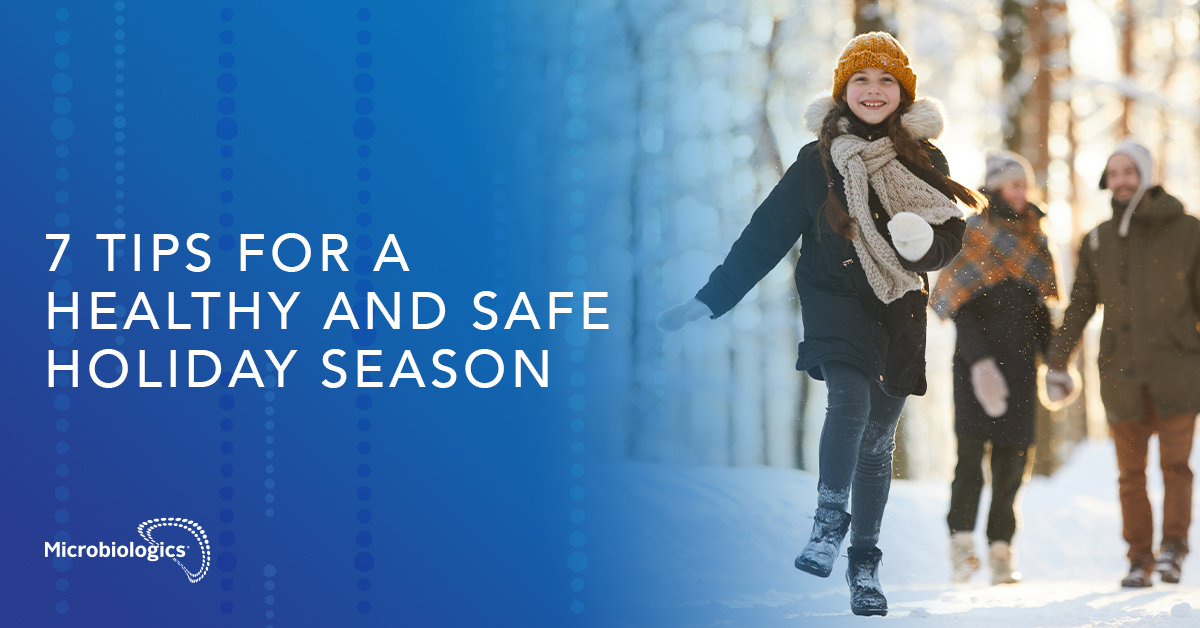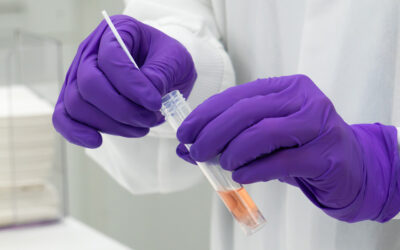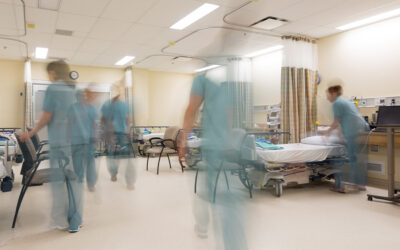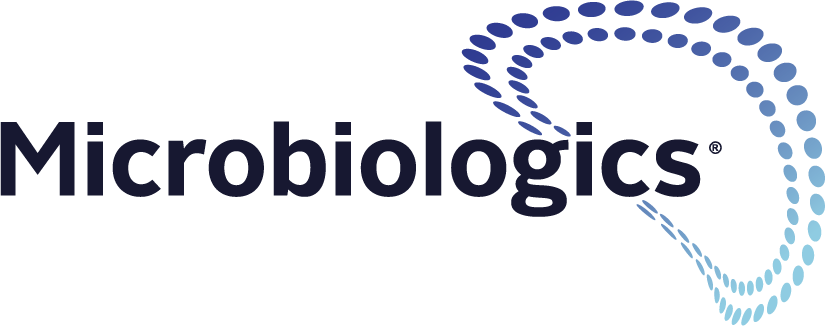After the 2020 holiday season, everyone is eager to return to our holiday traditions of the past, including celebrating and gathering with family and friends. Although our world has opened back up in many ways following the COVID-19 precautionary measures implemented in 2020, there are still a few unknowns for the current respiratory season. Therefore, in addition to the COVID-19 guidelines and prevention strategies outlined by the Centers for Disease Control (CDC), such as masking and vaccination, there are still many foundational health habits we can implement to encourage a safe and healthy Christmas season for ourselves and our loved ones.
1. Avoid close contact with people who are sick
Being in direct contact with someone infected with a respiratory virus is a primary mode of viral transmission. Therefore, it is important to limit contact with others who are sick. This holiday season, consider helping loved ones or neighbors that may be immunocompromised, including the elderly, with gift shopping or errands to avoid exposing them to respiratory pathogens.
2. Stay home if you are sick
Please remember to stay home from school, work, public spaces, and gatherings when you are sick, except to get medical care. This protects those around you from becoming ill, including your loved ones. If you have holiday plans and you are feeling ill, please stay home to ensure everyone remains healthy. If you are ill and need to stay home over the holidays this year, we now have even more options for connecting with loved ones through video calling.
3. Wash your hands frequently
Washing your hands often, and properly, is one of the first lines of defense against pathogens causing illness. Proper handwashing requires washing for at least 20 seconds with soap and water. The use of soap has been shown to remove more microbes than washing with water only.1 If soap and water are not available, use an alcohol-based hand gel with at least 60% alcohol. Please click here for detailed instructions for proper handwashing technique according to CDC.2
4. Cover your cough or sneeze
Remember to cover your mouth and nose with a tissue when coughing or sneezing and dispose of the tissue after use. If a tissue is unavailable, cough or sneeze into your elbow. Properly wash your hands after for 20 seconds with soap and water, if unavailable, use an alcohol-based hand gel with at least 60% alcohol.
5. Clean and Disinfect surfaces frequently
Contact with contaminated surfaces is another common mode of respiratory virus transmission. To reduce the potential for viral transmission via contaminated surfaces, clean and disinfect frequently touched surfaces in your home, work, or school. This is especially important when someone is ill.
6. Avoid touching your face
We are usually unaware of how often we touch our eyes, noses, or mouths. In fact, one study found, on average, medical students touched their mouths four times per hour and their noses three times per hour.3 This is concerning as the eyes, nose and mouth are mucus membranes that offer a direct mode of entry for pathogens. Being self-aware of how often we touch our faces can help us avoid becoming sick.
7. Maintain other healthy habits
Maintaining healthy habits such as eating a nutritious diet, managing stress, and being physically active are important to maintain during respiratory season. Getting adequate amounts of sleep is also important to staying healthy and resilient to infection. In fact, both objective and subjective studies of sleep duration show that short sleep duration (less than five to six hours of sleep) is associated with an increased risk of developing a cold.4 & 5
References
- Burton M, Cobb E, Donachie P, Judah G, Curtis V, Schmidt WP. The effect of handwashing with water or soap on bacterial contamination of hands. Int J Environ Res Public Health. 2011;8(1):97-104.
- Centers for Disease Control and Prevention. (2020, December 7). Show me the science – how to wash your hands. Retrieved from https://www.cdc.gov/handwashing/show-me-the-science-handwashing.html.
- Kwok YLA, Gralton J, McLaws ML. Face touching: a frequent habit that has implications for hand hygiene. Am J Infect Control. 2015 Feb;43(2):112-4. doi: 10.1016/j.ajic.2014.10.015.
- Prather AA & Leung CW. Association of Insufficient Sleep With Respiratory Infection Among Adults in the United States. JAMA Intern Med. 2016 June 1; 176(6): 850–852.
- Prather AA, Janicki-Deverts D, Hall MH, Cohen S. Behaviorally Assessed Sleep and Susceptibility to the Common Cold. Sleep. 2015 Sep 1;38(9):1353-9. doi: 10.5665/sleep.4968.






0 Comments